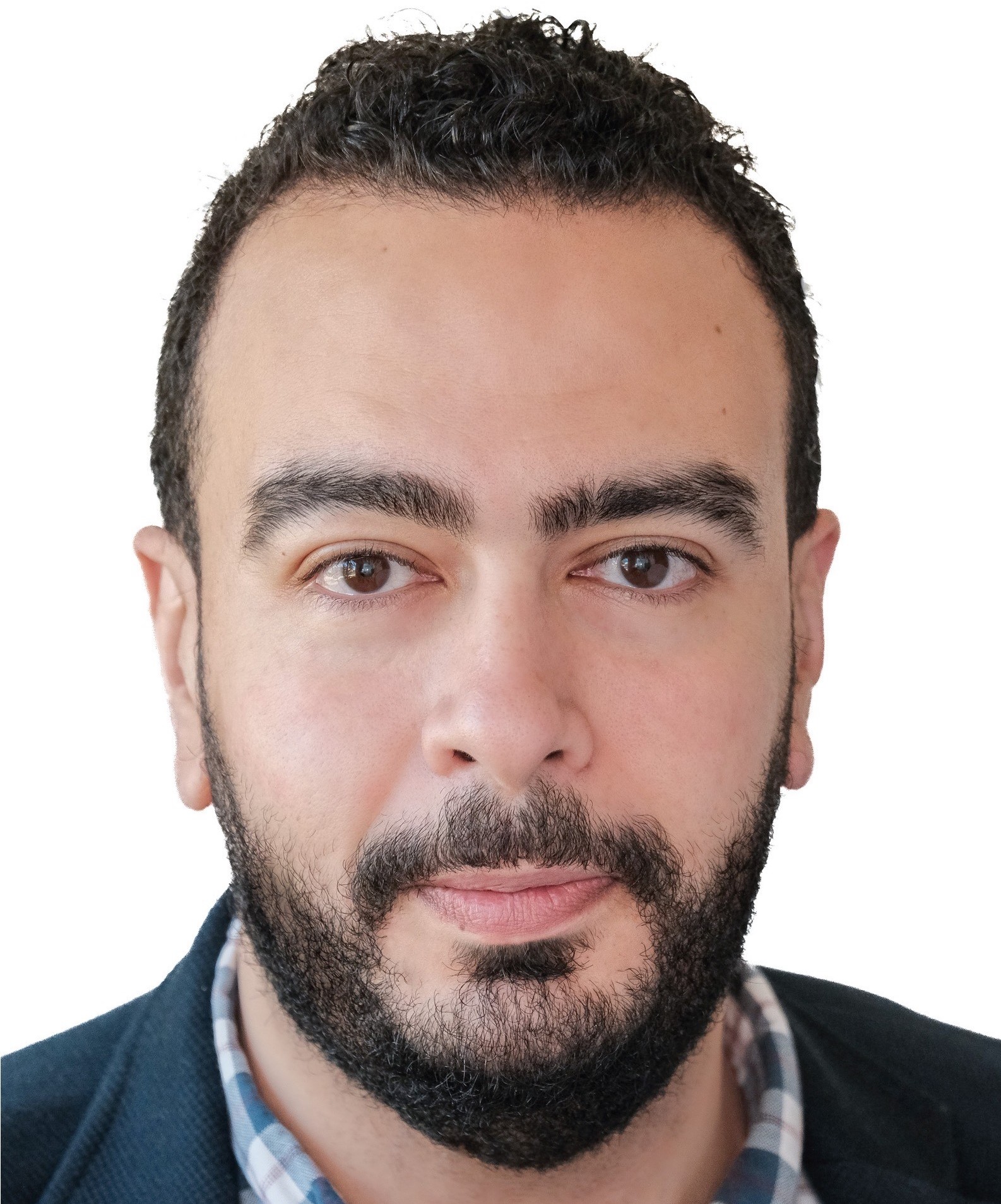Fellows Spotlight: Magdi Elsallab

Research focus: Gene and Cell therapy, Good Manufacturing Practice, Biostatistics
My name is Magdi, I am interested in the development, approval, and commercialization of gene and cell therapy. I joined the fellowship to focus on several regulatory science aspects related to the gene and cell therapy field. These aspects include the identification of early signals of success in different gene and cell therapy projects, the distributed manufacturing of CAR T cells, applying natural language processing to regulatory documents, and strengthening the safety and efficacy evidence on gene and cell therapies using novel statistical approaches.
MORE ABOUT MAGDI:
1. Can you describe your background and where you came from before this fellowship?
I completed my medical degree at Mansoura University in Egypt before moving to Charité, Germany to pursue a Ph.D. in regenerative therapies. I defended my thesis in 2021, which focused on the regulatory approvals of gene and cell therapies in Europe. I also worked as production head at a good manufacturing practice laboratory while finishing my degree.
2. Why did you choose to pursue this fellowship opportunity?
The regulatory science fellowship offers a unique opportunity to work with leaders in the field of gene and cell therapy as well as regulatory science. It also provides the opportunity to work with the regulatory authorities on various regulatory science projects.
3. What does your current research focus on, and who do you work with?
My research focuses on the development, approval, and commercialization of gene and cell therapies. We aim to better identify the successful cell and gene therapy projects at their early stages. Also, we aim to streamline the distributed manufacturing of CAR T cells. I work with Dr. Marcela Maus at Mass General Cancer Center and Dr. Florence Bourgeois at CRS.
4.What piqued your interest about regulatory science?
After graduating the medical school, I had the chance to engage in stem cell research. I immediately grew an interest in such a fascinating field. I became intrigued by the idea of how to translate these discoveries into actual interventions that can be used to treat patients and become a standard of care. By that time, I knew I wanted to focus on the clinical translation of cell and gene therapies. For my Ph.D. and research work, I focused on regulatory science questions such as the evidence synthesis and the quality of evidence in cell and gene therapy marketing authorization applications.
5. What is your favorite thing about being part of the center?
Meeting people and getting introduced to interesting new research. The center is engaged in multiple scientific activities throughout the year, which is always good for scientific growth and building a network.
6. Can you describe a challenge you have faced and what you learned from it?
I have faced several challenges during my transition from one country to the next. Adapting to a new environment is always challenging. However, the most challenging part was the beginning of my Ph.D. I had to learn to be independent, have a clear plan, and expand my vision. Throughout the years I have learned that consistency and patience are the keys to overcoming challenges and achieving goals.
7. What are you doing next?
I hope the fellowship will help me shape my interest and prepare me for the next step in my career. I aim at applying for academic positions related to the development of gene and cell therapies. However, I am also considering regulatory and industry jobs.
8. Is there anything else you want to share?
Gene and cell therapy is an exciting field that has gained momentum in the past few years. I am grateful to be part of this field and hope to introduce it to younger generations and help in preparing them for this promising job market. I would be happy to answer any questions related to gene and cell therapy and regulatory science, so feel free to reach out on Twitter or Linkedin.

